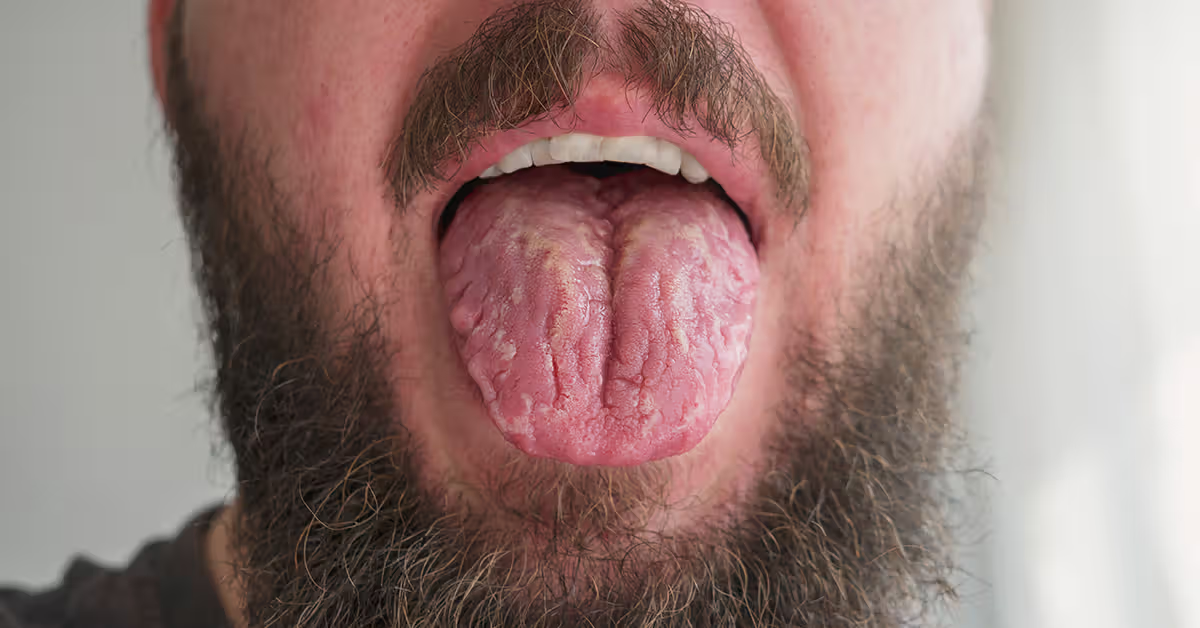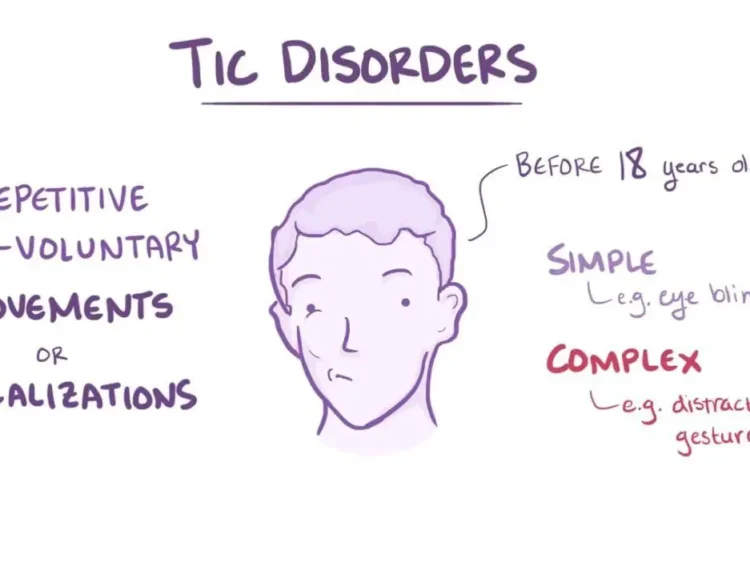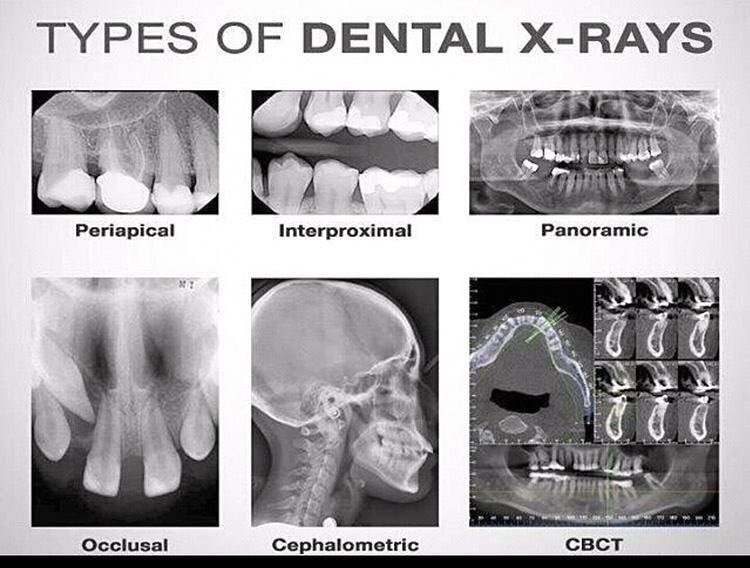A Fissured Tongue is a malformation characterized by furrows or grooves on the dorsum of the tongue. Though it may appear concerning to some but it is generally harmless and often goes unnoticed unless examined closely.
It is, also known as a scrotal tongue or plicated tongue, is a condition where the tongue develops deep grooves or fissures on its dorsal surface. These grooves can vary in depth and number giving the tongue a wrinkled appearance. The condition is typically painless and does not affect the functionality of the tongue, such as speech or taste. Fissured tongue is relatively common, affecting approximately 2-5% of the population, with a higher prevalence in older adults.
Causes and Risk Factors
The exact cause of fissured tongue remains unclear. Researcerhs believe that several factors contribute to its development. Genetics play a significant role, as the condition often runs in families. Fissured tongue is frequently linked with other conditions, such as geographic tongue (a condition where patches on the tongue appear map-like) and Down syndrome. Some studies suggest that nutritional deficiencies, particularly of B vitamins, may also contribute to the development of fissured tongue. However, in many cases, the condition appears without any identifiable cause.
Symptoms and Diagnosis
For most individuals, fissured tongue is asymptomatic. During routine check up, dentists often discover it. The primary symptom is the presence of grooves or fissures on its surface, which can vary in depth and pattern. In some cases, food particles or bacteria may accumulate in the fissures, leading to mild irritation or bad breath. However, these symptoms are usually manageable with proper oral hygiene.
Diagnosing fissured tongue is straightforward and typically involves a visual examination by a dentist. As the characteristic appearance of the tongue is sufficient for diagnosis, dentists don’t prescribe any special test or radiographic imaging. In rare cases where symptoms such as pain or swelling are present, further evaluation may be necessary to rule out other conditions.
Management and Treatment
Since fissured tongue is a benign condition, generally does not require any treament. However, maintaining good oral hygiene is essential to prevent complications such as irritation or infection. Regular brushing of the tongue, along with the teeth, can help remove debris and bacteria from the fissures. Using a tongue scraper or a soft-bristled toothbrush can be particularly effective in cleaning the grooves.
For individuals experiencing discomfort or bad breath due to fissured tongue, rinsing with an antiseptic mouthwash may provide relief. In cases where nutritional deficiencies are suspected, addressing these deficiencies through dietary changes or supplements may improve the condition. It is important to consult a healthcare provider before making any significant changes to one’s diet or supplement regimen.
Psychological and Social Considerations
While fissured tongue is not a serious medical condition, it can sometimes cause concern or self-consciousness, particularly if the grooves are prominent. Individuals may worry about the appearance of their tongue or fear that it indicates an underlying health issue. Educating patients about the benign nature of fissured tongue can help alleviate these concerns. In cases where the condition affects self-esteem, counseling or support from a healthcare professional may be beneficial.







